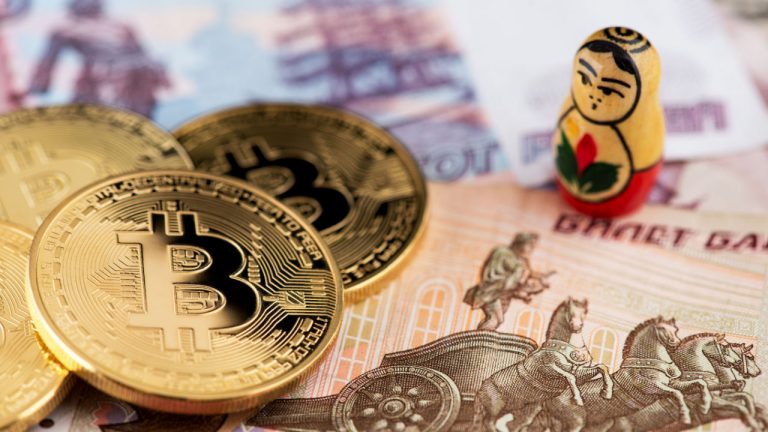
To minimize the damage, HTX proactively offered 5% of the drained funds as a “white-hat bonus,” which would amount to nearly $400,000.
Hours after the crypto exchange HTX (rebranded from Huobi) reported a hack that resulted in a loss of $8 million, Changpeng ‘CZ’ Zhao offered the help of the Binance security team in investigating the attack.
Timely intervention is key to tracking down and retrieving stolen cryptocurrencies as hackers attempt to hide their tracks using mixers or converting the loot to privacy tokens. On Sept. 24, blockchain analytics platform Cyvers identified a hack that managed to drain 5,000 Ether (ETH) from one of HTX’s hot wallets.
Red CodeYesterday, our ML-powered system detected a suspicious transaction involving @HuobiGlobal and @HTX_Global.
— Cyvers Alerts (@CyversAlerts) September 25, 2023
Despite our attempts to reach out, we received no response. An EOA received 5K $ETH $7.9M from @HuobiGlobal's hot wallet.
This morning, we spotted… pic.twitter.com/3oqHhAVi8P
To minimize the damage, HTX proactively offered 5% of the drained funds as a “white-hat bonus,” which would amount to nearly $400,000. However, the hacker has been provided with seven days to comply. HTX communicated the offer in Mandarin (Chinese) as shown in the screenshot below.

On a lighter note, CZ joked about the resemblance of the newly rebranded HTX with Sam Bankman-Fried’s infamous crypto exchange FTX. However, the loss of funds in both exchange are incomparable — given that HTX was hacked and FTX was an alleged scam.
Responding to a tweet from Tron founder Justin Sun, who also serves as an advisor for HTX, CZ appointed Binance’s security team to help track the stolen funds. Additionally, Sun confirmed that HTX will cover all losses for its users. He added:
“$8 million represents a relatively small sum in comparison to the $3 billion worth of assets held by our users. It also amounts to just two weeks' revenue for the HTX platform.”
HTX also implemented real-time monitoring mechanisms to prevent such losses. While Sun denies owning a major stake on HTX, he committed to conducting several live streams — in English and Chinese — to discuss exchange security.
Binance did not immediately respond to Cointelegraph’s request for comment about the ongoing HTX hack investigations.
Related: CoinEx hack: Compromised private keys led to $70M theft
Just a day before the HTX hack, Decentralized peer-to-peer network Mixin Network lost nearly $200 million in a hack involving the compromise of the database of a third-party cloud service provider.
[Announcement] In the early morning of September 23, 2023 Hong Kong time, the database of Mixin Network's cloud service provider was attacked by hackers, resulting in the loss of some assets on the mainnet. We have contacted Google and blockchain security company @SlowMist_Team…
— Mixin Kernel (@MixinKernel) September 25, 2023
An independent investigation from Web3 SaaS analytics platform 0xScope revealed the hacker's historical relationship with Mixin Network. In 2022, the address 0x1795 — which has been linked to the hacker — received 5 ETH from Mixin, and was deposited into Binance later.
Deposits and withdrawals on Mixin Network will recommence “once the vulnerabilities are confirmed and fixed.” The plans to recover the lost assets for users were not announced immediately.
Collect this article as an NFT to preserve this moment in history and show your support for independent journalism in the crypto space.
Magazine: ‘AI has killed the industry’: EasyTranslate boss on adapting to change













